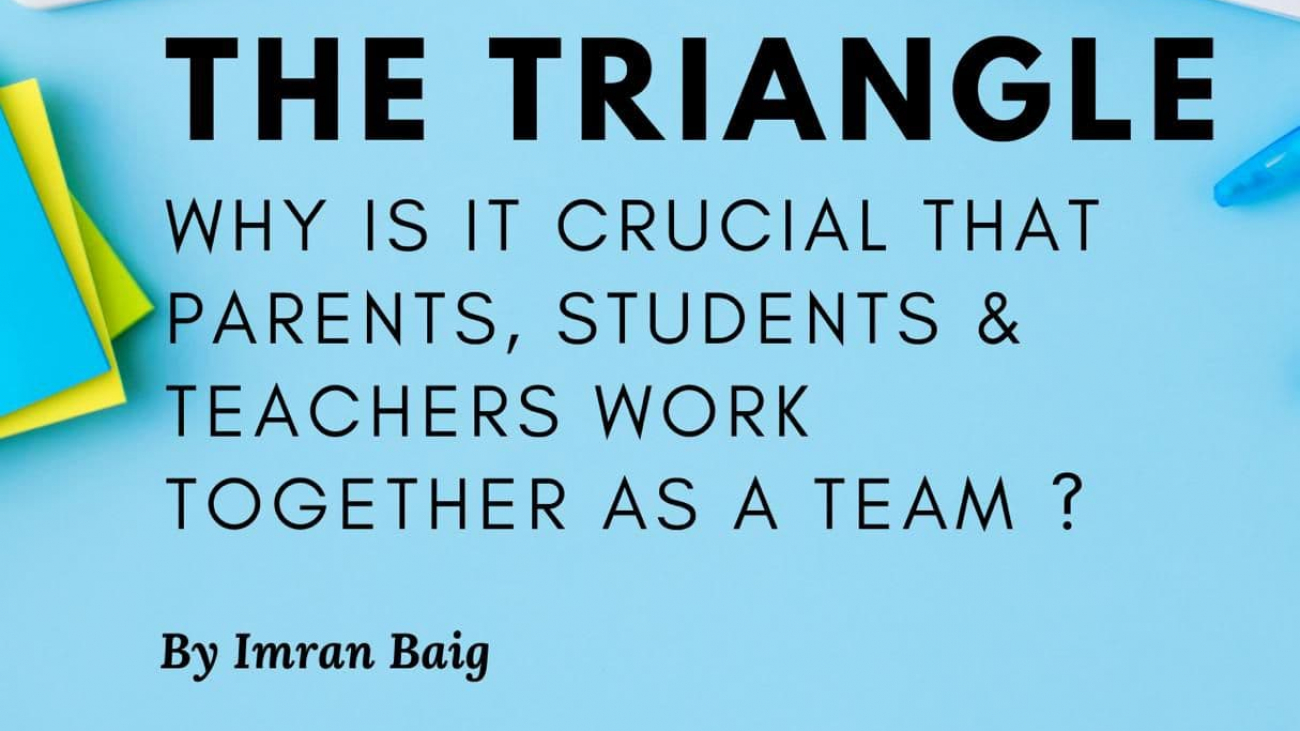Mobile phones: Does it create a positive or negative impact on learning?
The usage of smartphones is growing widespread. What was once a luxury and a costly affair, is today just another piece of technology. Today, mobile phones fill the hands of almost everyone – even school and college students. As schools and colleges embrace the concept of eLearning, mobile phones have replaced physical books to certain extent. Classroom learning is no longer the same as it was a decade or couple old. While it’s great in certain aspects, mobile phones do have an impact on children’s learning capabilities in different ways; one major impact being the time spent on non-academic activities during class hours.Other potential disruptions include loss in concentration and effective time spent on their studies.
Studies reveal that students who don’t use mobile phones during class hours are able to take down better notes and recollect more information and obtain a higher grade when compared to ones who used mobile phones during lecture hours. Researchers from Rutgers University in the United States performed an extensive study on students to understand the relationship between distractions when using mobile phones and laptops during class hours and their performance. As part of the study, mobile phones and laptops were banned for one half of the lectures while students were allowed to use them for the other half. Results revealed that having a mobile did not affect the scores in tests within the lecture but had an impact during the term end exams by almost 5% or half a grade.
On my personal interaction with students of different age groups to understand their perception, about 50% of them point out the benefits of using mobile phones in classrooms for better engagement and learning experience.There are situations when mobile phones can get annoying in a class –a student sending text message to others to distract their concentration, using social media and gaming to distract others.
The Negative Impact
Using mobile phones in classrooms impacts group learning. Having a mobile phone and simultaneously listening to class lectures impacts not only the one who uses it, but also the one who does not use it.Educational Psychology research studies point out that when a student who doesn’t use mobile phone attends lectures where it is permitted, their performance takes a hit. Overall, it impacts the performance during exams and their results. Studies also show that when mobile phones are completely banned from schools, the average test scores of children improved by 6%.
It’s in the hands of parents, teachers and the schools to let students know about the damaging effects of mobile phones.It’s their responsibility to set clear boundaries for mobile phone usage. It not only affects the results of their children but the whole class. Schools also have to have some strict guidelines on the usage of mobile phones.Using digital devices in the classroom could create a disconnect with other students. Parents must influence children from using mobile phones for unwanted purposes during class hours and let them focus on their education.



